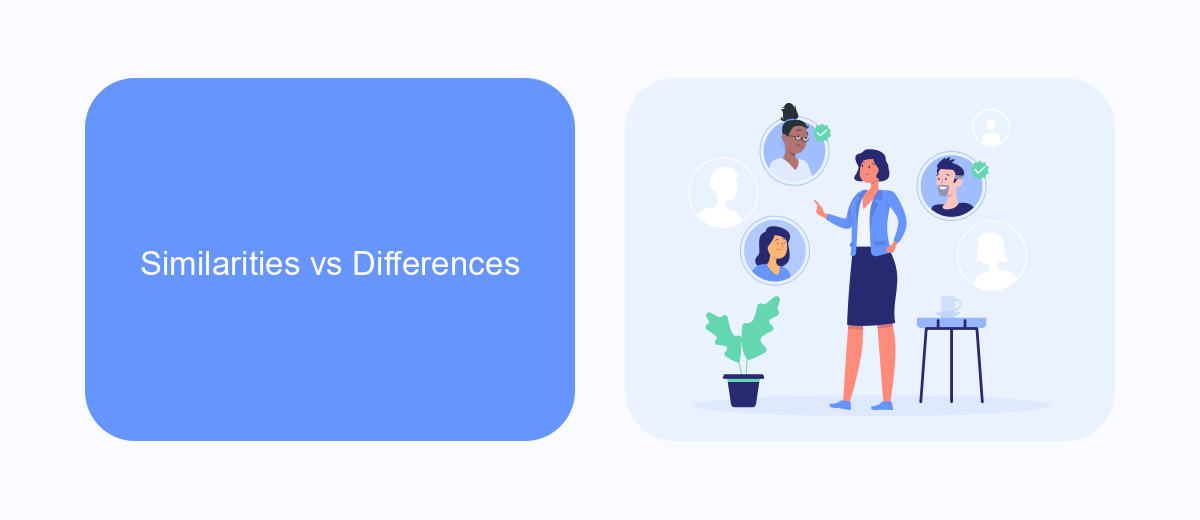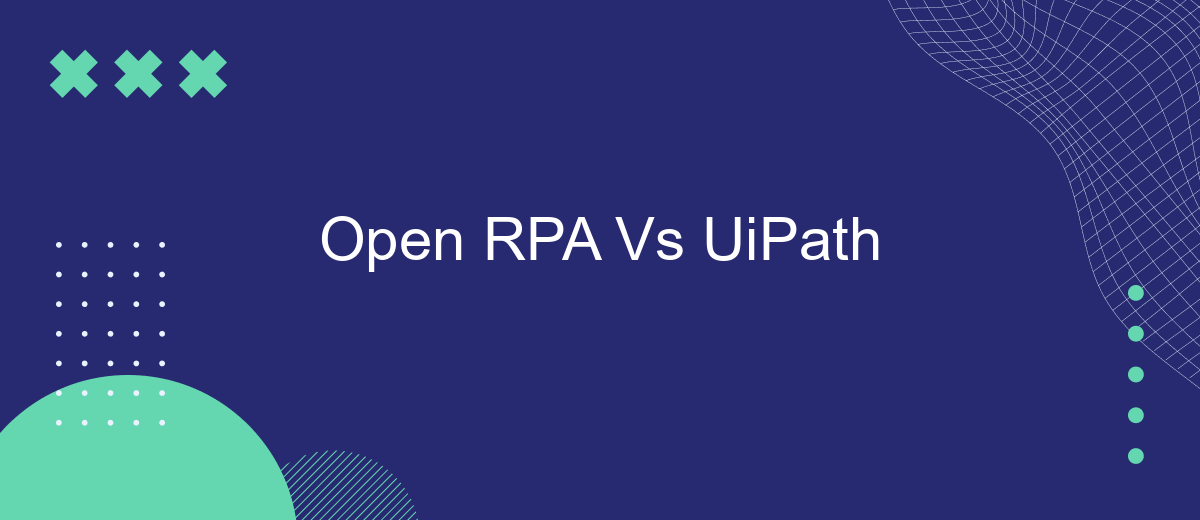When it comes to robotic process automation (RPA), two prominent tools often come into discussion: Open RPA and UiPath. Both platforms offer unique features and capabilities, catering to different business needs and technical requirements. In this article, we will compare Open RPA and UiPath, examining their strengths, weaknesses, and suitability for various automation tasks.
Introduction
Robotic Process Automation (RPA) has revolutionized how businesses handle repetitive tasks, enhancing efficiency and reducing human error. Among the leading RPA tools, Open RPA and UiPath have emerged as popular choices for organizations seeking automation solutions. Each platform offers unique features and capabilities, making the comparison between them essential for informed decision-making.
- Open RPA: An open-source platform that provides flexibility and customization options.
- UiPath: A widely-used commercial solution known for its user-friendly interface and extensive support.
- Integration Services: Tools like SaveMyLeads can streamline the integration process, enhancing the functionality of both platforms.
Understanding the strengths and limitations of Open RPA and UiPath is crucial for businesses aiming to optimize their workflows. This article delves into the features, benefits, and potential drawbacks of each platform, helping you determine which solution aligns best with your organizational needs. Whether you prioritize cost-effectiveness, ease of use, or customization, this comparison will guide you towards the most suitable RPA tool for your operations.
Similarities vs Differences

Both Open RPA and UiPath are prominent tools in the Robotic Process Automation (RPA) landscape, offering powerful features for automating repetitive tasks. They both provide user-friendly interfaces, robust community support, and a wide range of integrations with other systems. Additionally, both platforms support the creation of complex workflows and have capabilities for error handling and logging, ensuring reliable automation processes.
However, there are notable differences between the two. Open RPA is an open-source solution, which makes it more flexible and cost-effective for businesses looking to customize their automation tools. In contrast, UiPath is a commercial product with a broader range of enterprise-level features and dedicated customer support. When it comes to integration, UiPath offers more out-of-the-box connectors, while Open RPA might require additional setup. For instance, using a service like SaveMyLeads can simplify integration processes by providing pre-built connectors for various applications, making it easier to connect different systems without extensive coding.
Features and Capabilities

When comparing Open RPA and UiPath, it is essential to evaluate their features and capabilities to determine which tool best suits your automation needs. Both platforms offer robust functionalities, but there are key differences that set them apart.
- Ease of Use: UiPath provides a highly intuitive interface with drag-and-drop functionalities, making it accessible for users with minimal coding experience. Open RPA, while also user-friendly, may require a bit more technical know-how.
- Integration Capabilities: UiPath excels in integrating with various third-party applications and services. Open RPA, on the other hand, supports integrations but may require additional customization. Tools like SaveMyLeads can assist in streamlining these integrations for both platforms.
- Scalability: UiPath is designed for enterprise-level scalability, offering extensive support and resources. Open RPA is more suited for small to medium-sized enterprises, providing flexibility without the extensive overhead.
- Community and Support: UiPath boasts a large, active community and comprehensive support options. Open RPA has a smaller community but offers dedicated support and a collaborative environment.
In summary, both Open RPA and UiPath have their unique strengths. Your choice should depend on your specific requirements, technical expertise, and the scale of your automation projects.
Use Cases and Adoption

Open RPA and UiPath are both powerful tools for robotic process automation (RPA), each offering unique use cases and adoption scenarios. Open RPA, being an open-source solution, is highly favored by small to medium-sized businesses and developers who seek flexibility and customization. On the other hand, UiPath is a commercial product widely adopted by large enterprises due to its extensive support and advanced features.
In terms of use cases, Open RPA is often utilized for automating repetitive tasks, integrating various systems, and enhancing workflow efficiency without significant investment. UiPath, with its robust capabilities, is frequently used for complex automation processes, including data extraction, customer service automation, and compliance management.
- Open RPA: Ideal for small businesses, developers, and budget-conscious projects.
- UiPath: Best suited for large enterprises requiring comprehensive support and advanced functionalities.
Both platforms can benefit from integration services like SaveMyLeads, which streamlines the process of connecting different applications and automating data workflows. This can significantly enhance the efficiency and effectiveness of RPA implementations, making it easier for organizations to adopt and scale their automation efforts.
Conclusion
In conclusion, both Open RPA and UiPath offer robust solutions for robotic process automation, each with its own set of strengths and weaknesses. Open RPA, being open-source, provides flexibility and cost-effectiveness, making it an attractive option for small to medium-sized enterprises. On the other hand, UiPath stands out with its comprehensive suite of tools and extensive support, catering well to large organizations that require scalable and reliable automation solutions.
Ultimately, the choice between Open RPA and UiPath will depend on your specific needs, budget, and the complexity of the processes you aim to automate. For businesses looking to streamline integrations, services like SaveMyLeads can be invaluable, facilitating seamless data flow between various applications and enhancing the overall efficiency of your automation strategy. By carefully assessing your requirements and leveraging the right tools, you can maximize the benefits of RPA in your organization.
FAQ
What are the primary differences between Open RPA and UiPath?
Which tool is better for small businesses?
How do integration capabilities compare between Open RPA and UiPath?
Can I use SaveMyLeads to integrate and automate tasks with Open RPA or UiPath?
Which platform offers better customer support?
You probably know that the speed of leads processing directly affects the conversion and customer loyalty. Do you want to receive real-time information about new orders from Facebook and Instagram in order to respond to them as quickly as possible? Use the SaveMyLeads online connector. Link your Facebook advertising account to the messenger so that employees receive notifications about new leads. Create an integration with the SMS service so that a welcome message is sent to each new customer. Adding leads to a CRM system, contacts to mailing lists, tasks to project management programs – all this and much more can be automated using SaveMyLeads. Set up integrations, get rid of routine operations and focus on the really important tasks.
